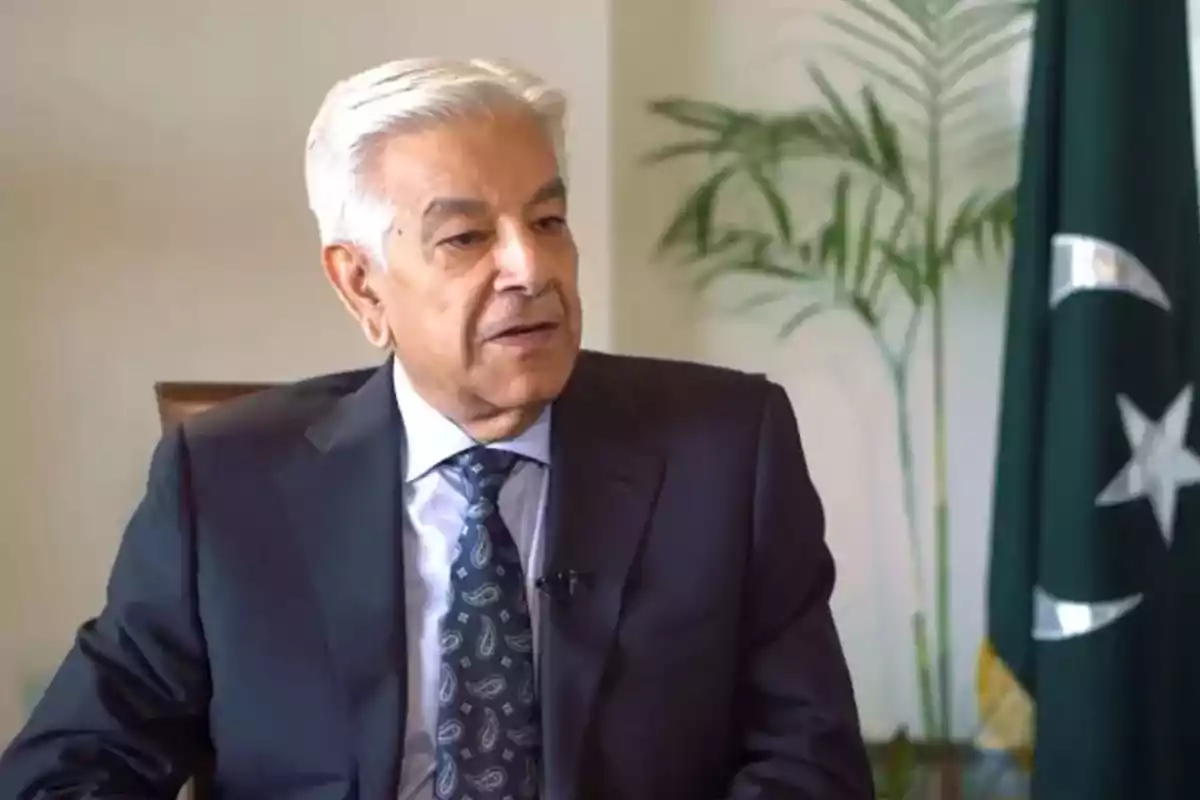
After a fourth night of clashes, Pakistan admits an imminent Indian incursion
Pakistan's Ministry of Defense declared in the last few hours that an Indian incursion into Pakistani territory is imminent
Tensions between India and Pakistan have drastically intensified following the militant attack on April 22 in Kashmir, which left 26 civilians dead.
The attack, aimed at tourists in the Pahalgam region, sparked a wave of outrage in predominantly Hindu India and renewed accusations that majority-Muslim Pakistan supports terrorism in the disputed Kashmir region, which has been the cause of two wars between the two nations.
In this context, Pakistan's Defense Minister, Khawaja Muhammad Asif, declared that a military attack by India is "imminent". He stated that the Pakistani armed forces have already reinforced their presence at strategic points and that the government has made key decisions in anticipation of a possible incursion.
Although he didn't offer specific details about the reasons for his assessment, he noted that Indian rhetoric has intensified since the attack.
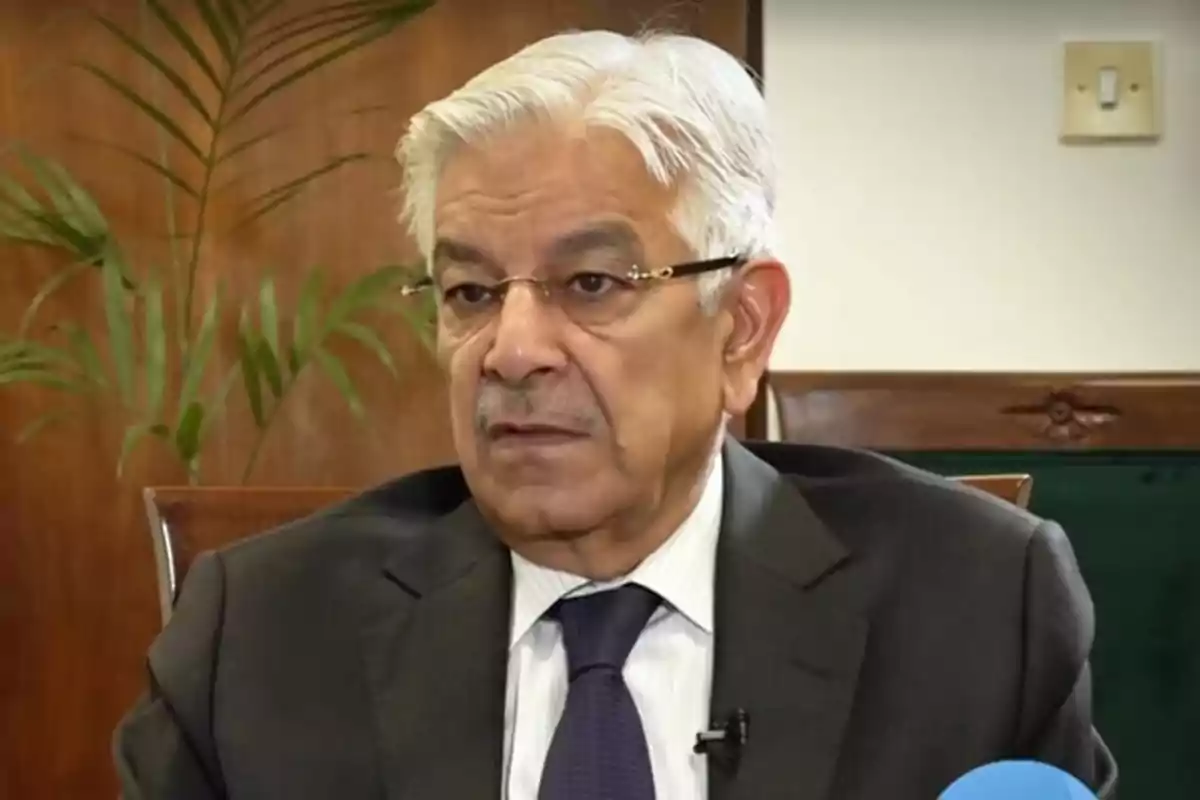
India identified two of the three strikers as Pakistani citizens, an accusation that Islamabad categorically rejects, instead proposing an impartial investigation. India, meanwhile, has intensified military operations and preparedness exercises across the country following the attack, according to defense sources.
In addition to military threats, both nations have taken diplomatic and strategic measures. India suspended the Indus Waters Treaty, a key agreement mediated by the World Bank that regulates the shared use of rivers between the two countries since 1960.
Pakistan, in response, closed its airspace to Indian airlines. Asif called the suspension of the treaty an "act of war" that endangers vulnerable communities dependent on that resource.
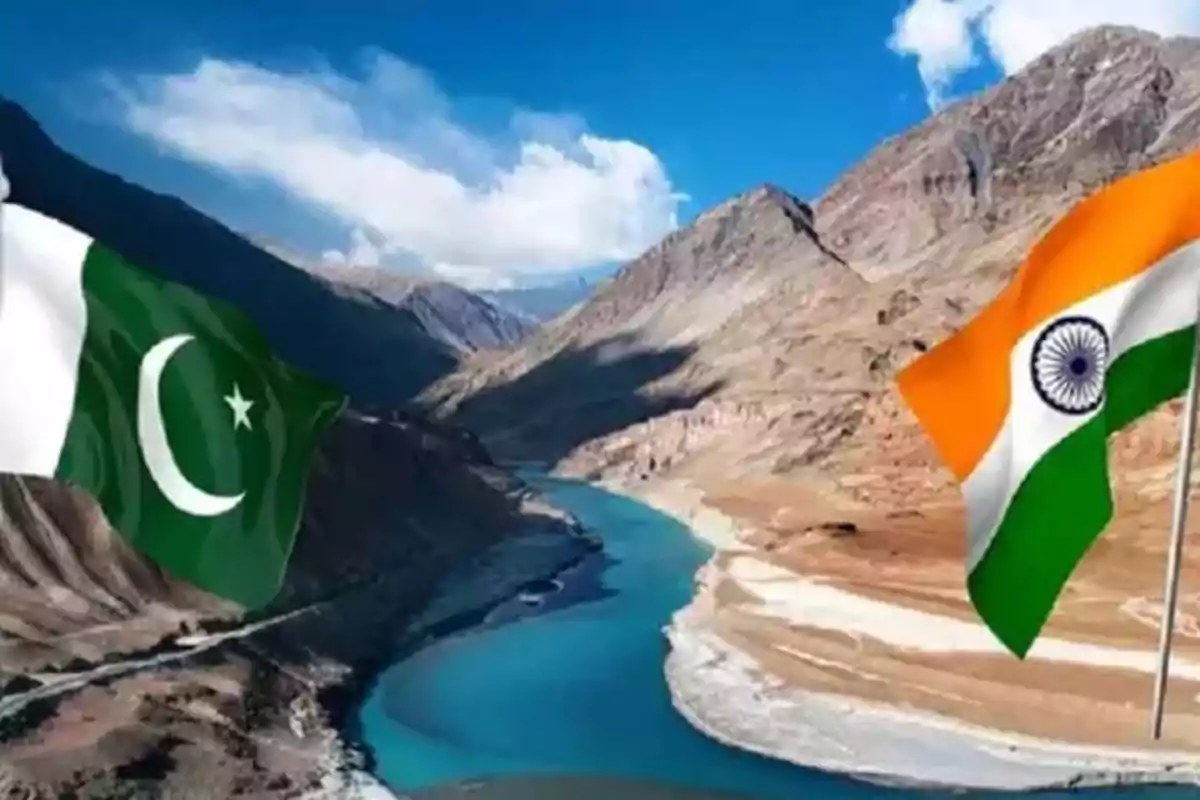
The Pakistani minister also clarified that the country would only resort to its nuclear weapons if there was a direct threat to its existence. However, various Pakistani government officials stated that the nuclear weapons "only target India."
Meanwhile, Islamabad has sought diplomatic support from regional allies like China and Gulf countries, in addition to informing powers like the United States and the United Kingdom. Asif highlighted that some Gulf countries have already acted as mediators between both parties.
Meanwhile, the United States, through the State Department, has urged moderation and dialogue. Although President Donald Trump hasn't spoken directly, Washington stated it is in contact with both governments and encouraged a "responsible solution."
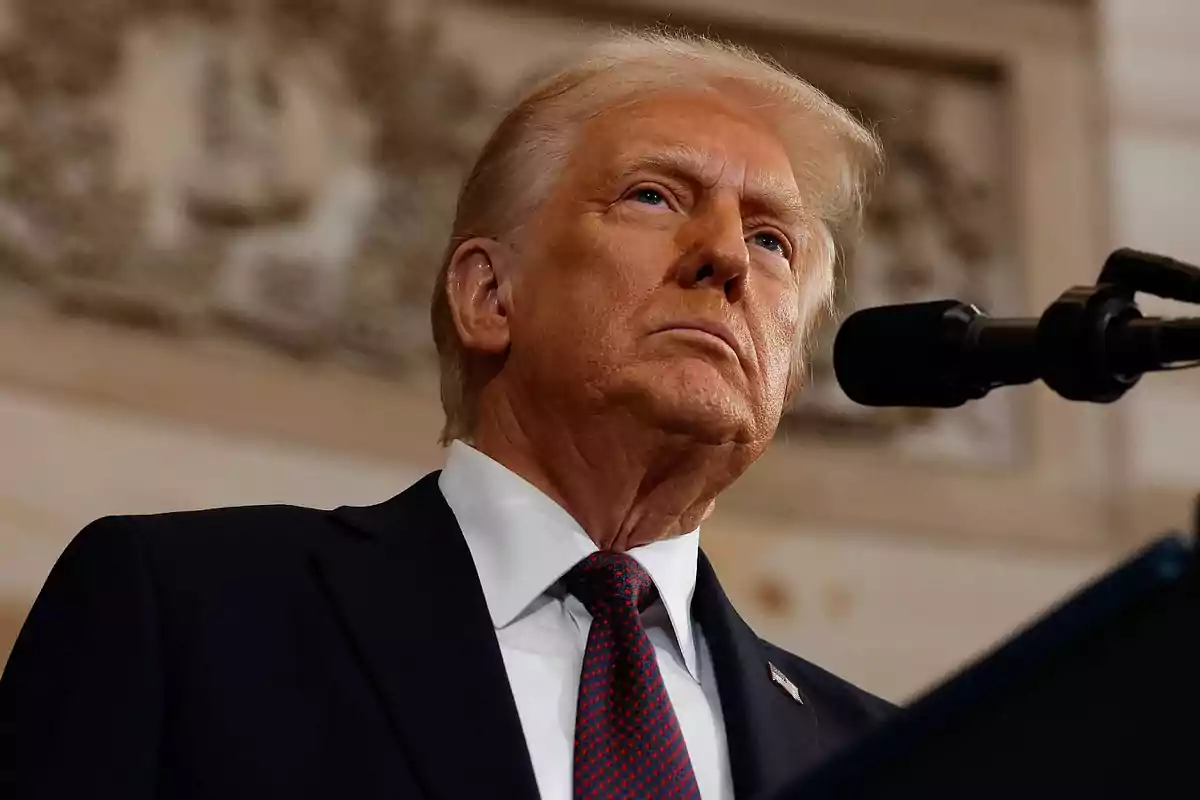
China also called for restraint and supported any measures that contribute to calming the situation. As a key player in the region, with close ties to both Islamabad and New Delhi, its position could be crucial in preventing an escalation. Despite its calls, China deployed its army on the border with India.
Internally, Pakistan faces other security challenges. In the days following the Kashmir attack, its armed forces reported having killed 71 Islamist activists attempting to enter the country from Afghanistan, in the volatile North Waziristan region.
Authorities attribute these incursions to insurgents from the Tehrik-i-Taliban Pakistan (TTP), whom they describe as sent by "foreign masters" to carry out high-impact attacks on Pakistani soil.
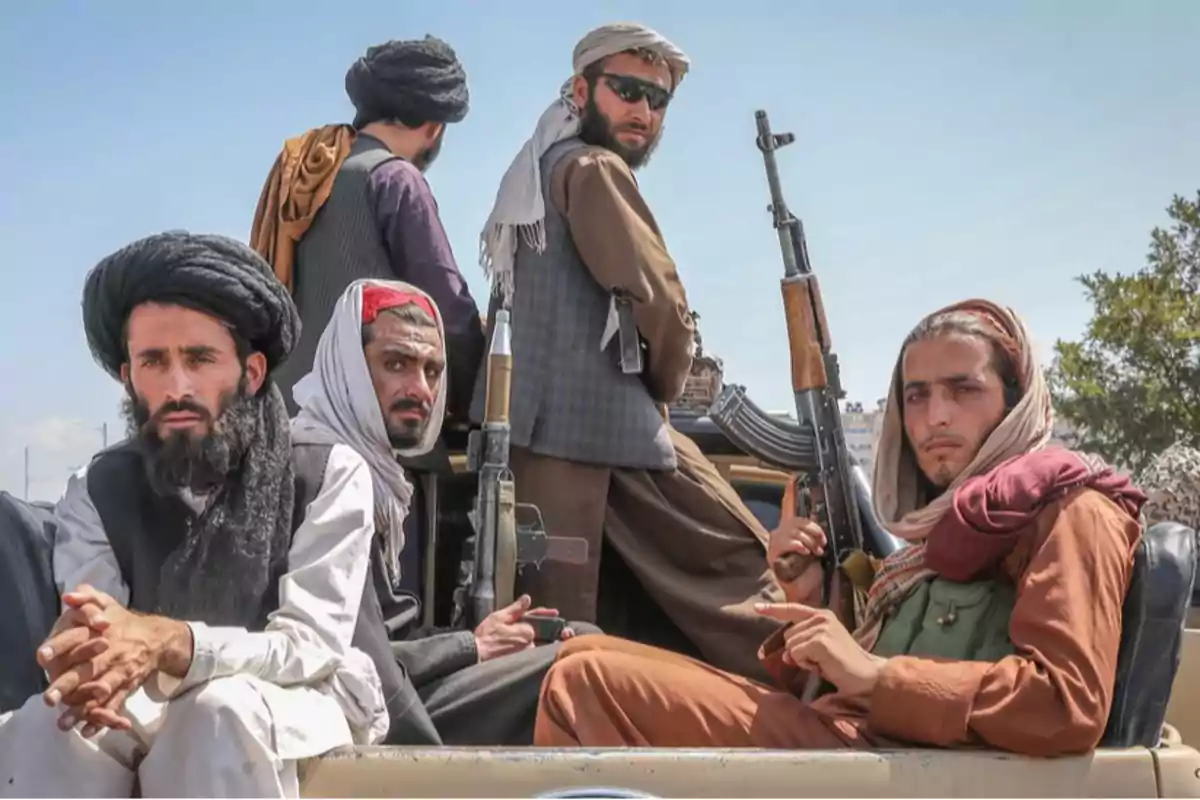
The current climate of confrontation is reminiscent of previous episodes between the two nuclear powers, such as the Kargil conflict in 1999 or the standoff following the Mumbai attack in 2008. The risk of a military escalation is real, especially in a region where small incidents can trigger major crises.
The international community watches with concern, as an open conflict between India and Pakistan would have devastating consequences not only for South Asia but for global stability.
More posts: